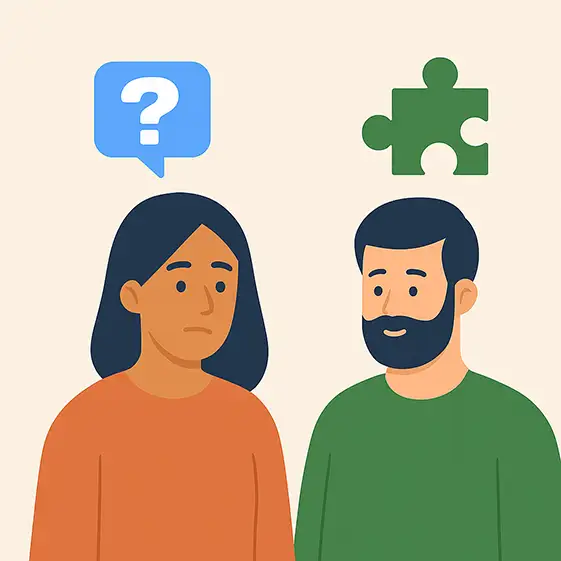Larsenphdlark@gmail.com

Personality and Better Relationships
1 min read
How Personality Shapes Connection
Friendships and romantic relationships thrive when both people feel understood. The Big Five Personality Model—Openness, Conscientiousness, Extraversion, Agreeableness, and Neuroticism—offers a framework for understanding how people connect, communicate, and resolve conflict.
Matching and Balancing Traits
Example:
- A high-Openness partner may love spontaneous travel, while a low-Openness partner prefers routines.
- An extravert may thrive on social events, while an introvert needs recharge time.
The key is balance and respect—recognizing that neither style is “better,” just different.
Communication Tips for Different Profiles
- High vs. Low Openness: The open partner can introduce new ideas gradually, while the structured partner can help keep plans realistic.
- High vs. Low Conscientiousness: Set clear expectations—spontaneous personalities may need gentle reminders, while structured personalities should be flexible.
- High vs. Low Agreeableness: Practice active listening; more assertive personalities should avoid dominating conversations.
- High vs. Low Neuroticism: Create emotional safety—resilient partners should validate feelings rather than dismiss them.
Why Personality Awareness Improves Relationships
- Reduces misunderstandings
- Strengthens empathy
- Makes conflict resolution faster and less personal
Key Takeaway:
When you understand each other’s personality profiles, you can adapt communication styles, reduce friction, and build deeper, more fulfilling connections.